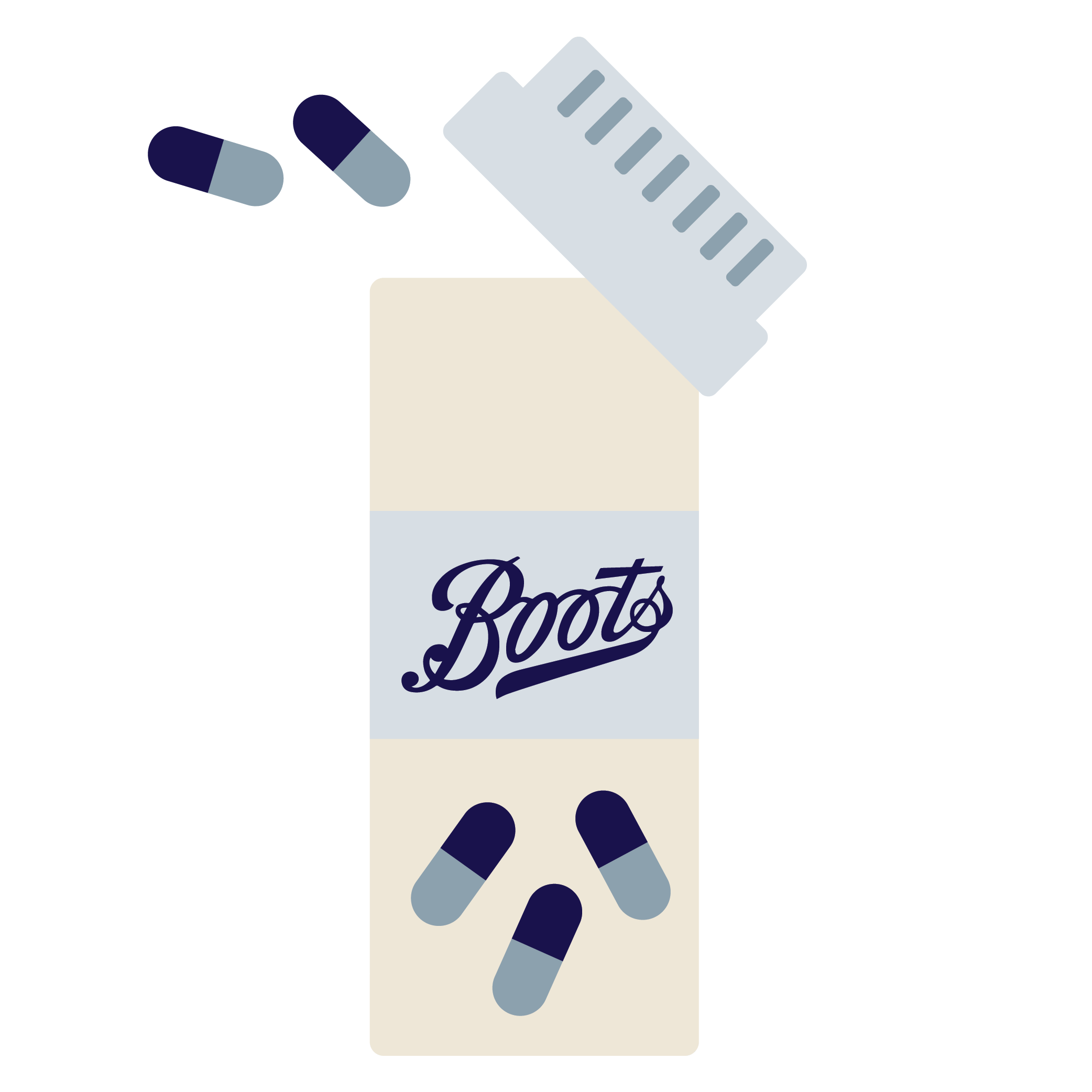
CHLAMYDIA — WHAT YOU NEED TO KNOW
What is chlamydia?
Chlamydia is a bacterial infection and one of the most common sexually transmitted infections (STIs) in the UK. You can catch it through any kind of unprotected sex or if your genitals touch your partner’s genitals.

What are the symptoms of chlamydia?
The only way to be sure if you have chlamydia, is to get tested. Over 70% of women and 50% of men with chlamydia don’t get any symptoms so it’s a good idea to get tested once a year, or when you change partners.
If you do get symptoms, like unusual discharge, they usually appear between one and three weeks after unprotected sex.
If you develop a temperature, lower tummy pain, or (if male) painful testicles, please seek urgent medical attention.
How do you catch chlamydia?
You can catch chlamydia through unprotected vaginal, anal or oral sex with an infected partner. Or if your genitals touch theirs. You can also get it by sharing sex toys or getting infected semen or vaginal fluid in your eye.
Can I have sex if I have chlamydia?
You shouldn’t have any sexual contact until you and any partners have completed treatment, even if you’re using a condom. If you do have sex before finishing treatment, you should start a new course of treatment.
How can I avoid catching chlamydia?
Just like any STI, the best way to avoid catching it (or getting infected again) is to use a condom when you have sex – vaginal, oral or anal.
What happens if I don’t get chlamydia treatment?
Treatment is always advised, but there’s a small chance that chlamydia will clear up by itself.
If you don’t get treated, the infection could spread to other parts of your body and cause serious long-term health problems. It is likely that you’d also pass it on to your sexual partners.
If you’re a woman, chlamydia can potentially cause pelvic inflammatory disease (PID) which can cause infertility. If you’re a man, chlamydia can cause fertility problems and a type of arthritis.
What if I’m pregnant?
If you have chlamydia while you’re pregnant, you could pass the infection to your baby. It’s possible that this will cause complications both for the pregnancy and your baby. You can still get antibiotic treatment for chlamydia but you’ll need to see your GP in person. We don’t prescribe chlamydia treatment online if you’re pregnant and if you’re pregnant you should not take Doxycycline.
Getting tested for STIs
If you’ve got chlamydia, we recommend getting tested for other STIs as it’s common to have more than one STI at the same time. You can get at-home STI test kits through Boots Online Doctor Service. You should also get in touch with any sexual partners you’ve had over the last six months so that they can decide whether to get assessed for a chlamydia infection.
Page last reviewed by: Dr. Christina Hennessey 21/06/2021

